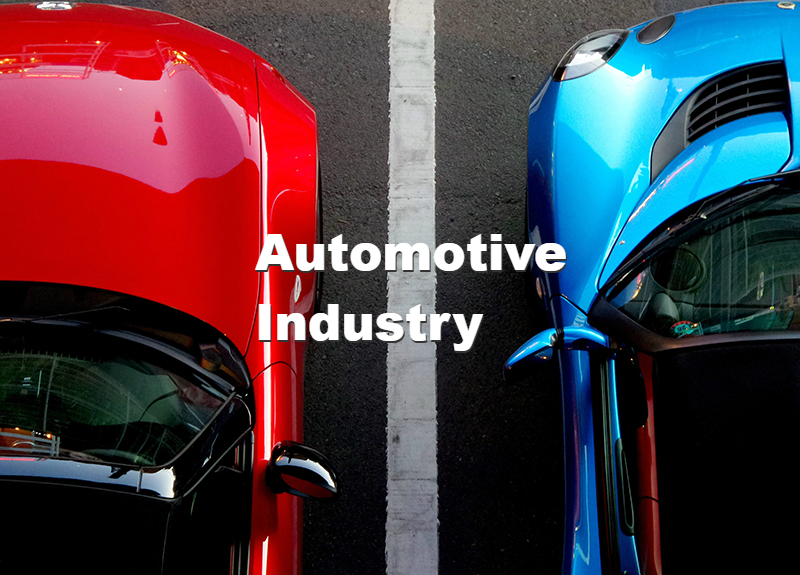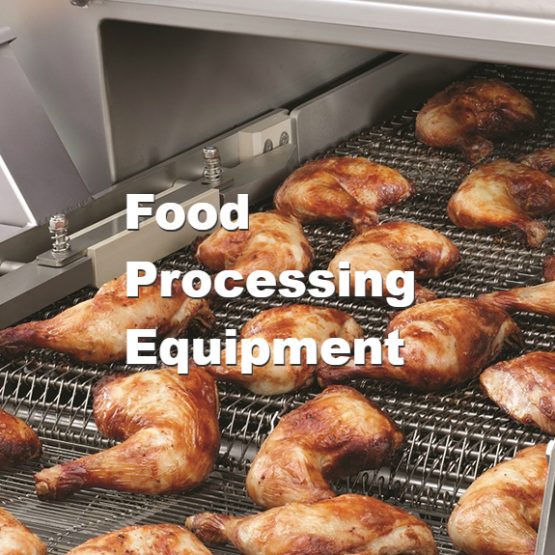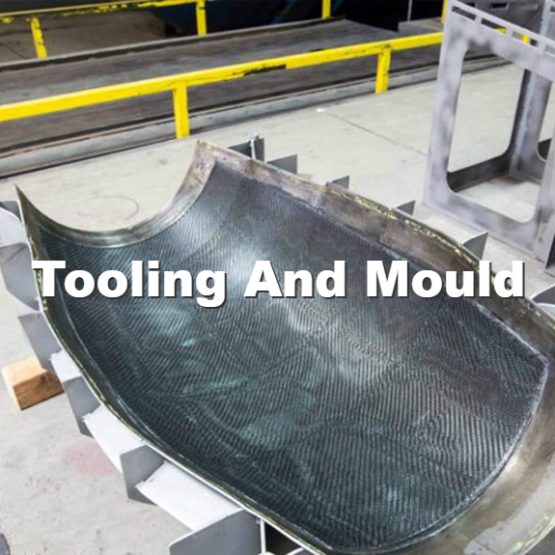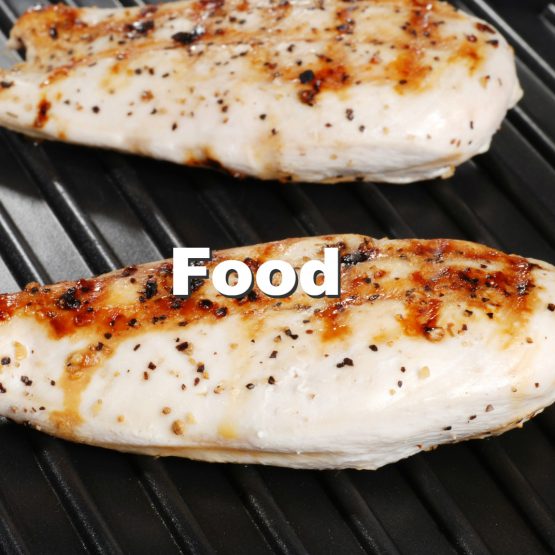Automotive Industry
Automotive Industry
Chemours Teflon industrial coatings have become an indispensable material for engineers in the automotive industry, thanks to there unique properties:
- Low coefficient of friction
- High chemical resistance
- Extreme temperature resistance
- Nonstick
- Nonwetting
- Electrically non-conductive
New ideas are constantly being developed to create smoother-running, longer-lasting parts which replace expensive materials and result in lower costs to the manufacturer and consumer.
Teflon industrial coating are used to solve difficult problems and to enhance performance of existing products. They contribute to higher efficiency of production processes, and often help solve environmental issues.
Teflon industrial coatings can be applied on steel, aluminum, glass, ceramic and some rubbers. From trunk springs to the smallest of nuts, the scope of possibilities goes far beyond what is shown here. It goes as far as imagination allows….
| Properties of Teflon | Benefits | |
| Weld nuts/Pierce nuts | Electrical insulation
Release Dry lubrication |
Prevent electrodeposition build-up on threads
Assure tightening and proper clamp load |
| Air conditioner piston | Dry lubrication
Low friction |
Prevents galling aluminum piston housing |
| Springs/Hose clamps | Low friction
Corrosion resistance |
Even pull during tightening
Extend durability Saves warranty costs |
| Seat recliner spring | Dry lubrication | Noise reduction
Prevents squeaking Saves warranty costs |
| Carburetor parts | Dry lubrication
Release Corrosion resistance |
Prevents stick/slip
Prevent throttle valve from sticking due to varnish build-up Prevents fouling of injection sensing systems Fuel resistant |
| Hinge pins | Electrical insulation
Release Dry lubrication |
Prevents electrodeposition primer build-up
Prevents squeaking |
| Nuts and bolts | Dry lubrication
Electrical insulation Release |
Prevent electrodeposition build-up on threads
Assures tightening and proper clamp load |
| Seat belt hanger | Dry lubrication | Reduces tension of belt in changing direction |
| Intake valve | Release/nonstick
Heat resistance |
Prevents sludge build-up that can cause stalling
Reduces friction on stems Reduces wear on valve stem seals |
| Clutch plate | Dry lubrication
Low friction |
Reduce friction
Smooth slipping |
| Steering column slip shafts | Dry lubrication
Corrosion resistance |
Safety
Allows free movement of steering shaft between chassis and body |



